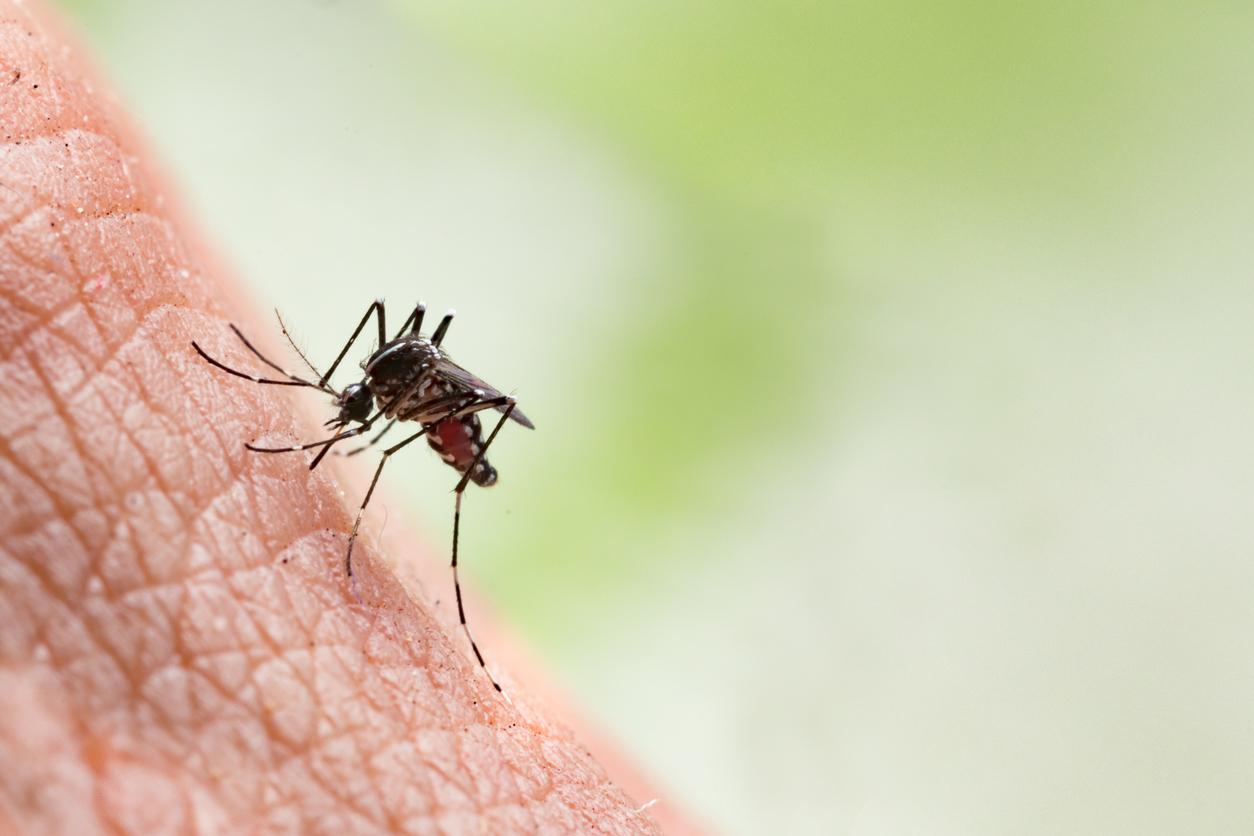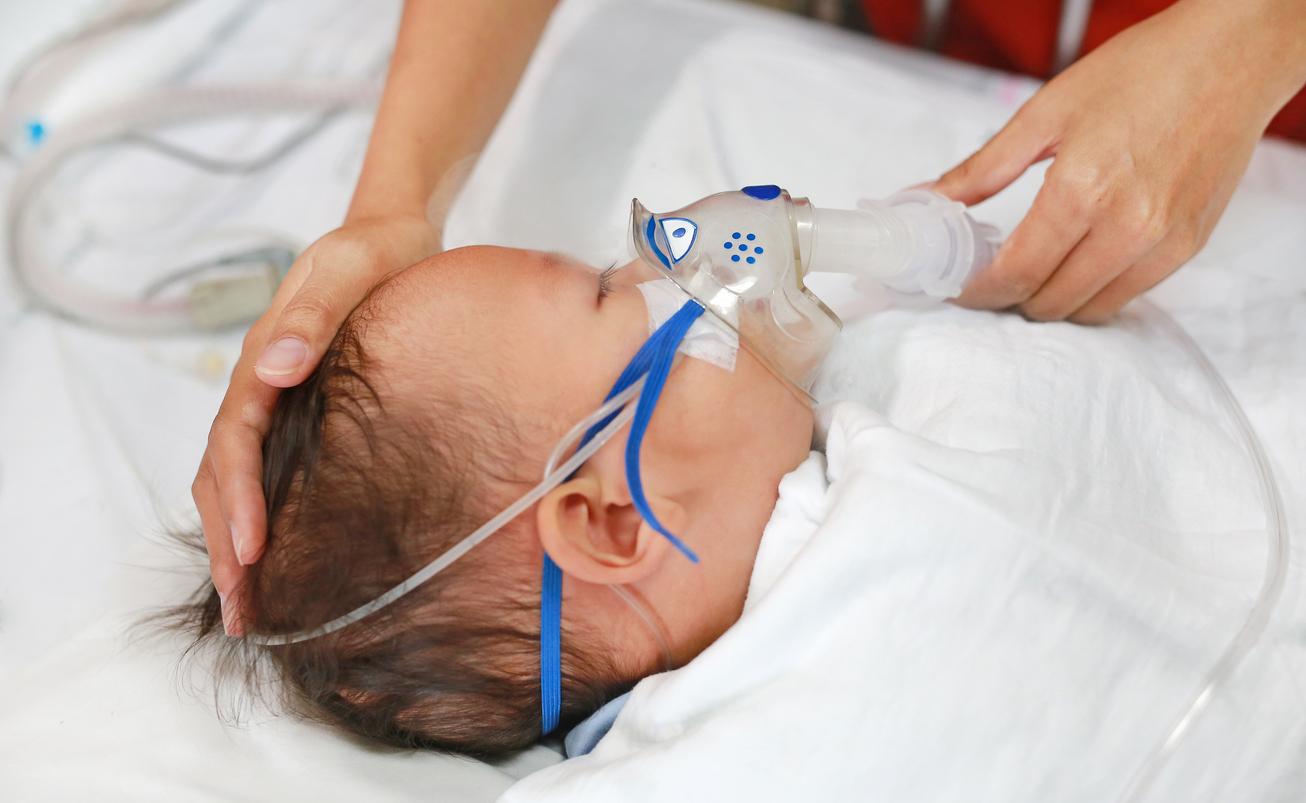In Africa, several countries are trying to limit the health repercussions of floods linked to heavy rains. A cholera epidemic is underway.

A silent humanitarian crisis is brewing. While all minds are on the victims of Hurricane Harvey, in the United States, another region of the world is paying the price of natural disasters.
On the African continent, three countries deplore hundreds of deaths linked to floods and landslides. The cause: heavy and unusual rainfall that hit Sierra Leone, Nigeria and the Democratic Republic of Congo (DRC).
The situation is such that the Director General of the World Health Organization (WHO), Tedros Adhanom Ghebreyesus, has publicly expressed his concerns. On Twitter, the Ethiopian said he was “deeply worried about the health consequences of the floods in Bangladesh, India, Sierra Leone, Yemen and the United States”.
Deeply concerned about health consequences of floods in Bangladesh, India, Sierra Leone, Yemen, US
– Tedros Adhanom (@DrTedros) September 2, 2017
A food crisis
The concern is justified. Unlike the United States, these developing countries do not always have an adapted health system. Alongside local authorities, humanitarian associations are therefore working to prevent flood-related diseases.
A mobilization greeted by the director of the WHO, who evokes “the heroism of health professionals, volunteers and communities who work with victims in very difficult circumstances”. Indeed, Nigeria must work on two fronts simultaneously.
In the south-east of the country, the state of Benue is facing a flood of the river of the same name. In this predominantly agricultural region, entire families have had to flee their farms. Two humanitarian camps have been set up in Makurdi, the state capital. Insufficient relief, since 110,000 people were displaced by the flood.
Deadly consequences
It is no longer just a question of preventing the infectious risks associated with the epidemic. The agricultural plots were also destroyed by the flood. Food resources are therefore in danger of being depleted. Further north, the results are hardly better. Borno State is facing a cholera epidemic, part of an internal refugee camp. 69 cases have been counted in the capital, Maiduguri. Precipitation and flooding compounded the scale of the outbreak, despite efforts WHO which has deployed teams on site.
Sierra Leone is also enjoying international support after the deadly mudslide that hit Freetown in August. More than 400 victims are to be deplored and hundreds of people are still missing. Authorities organized a proper funeral, averting a cholera outbreak.
The fear of an epidemic
But humanitarian organizations on the ground deplore the lack of preventive means. In fact, displaced people still sleep outside, which complicates the active fight against the epidemics caused by the floods (cholera, dysentery, acute diarrhea, etc.).
In the Democratic Republic of the Congo, a similar event bloodied the northeast of the country. The landslide affected the fishing village of Tora, on the shores of Lake Albert. The incident killed fewer people, but the consequences are likely to be long-lasting. This mountainous area is difficult to access and many victims are still buried.
In view of these elements, an outbreak of cholera is to be feared. This prompted the authorities to stop the search for the bodies in order to disinfect the area. The authorities hope in this way to prevent the spread of infectious diseases to villages on the shores of Lake Albert, which were spared by the landslide.
.

















